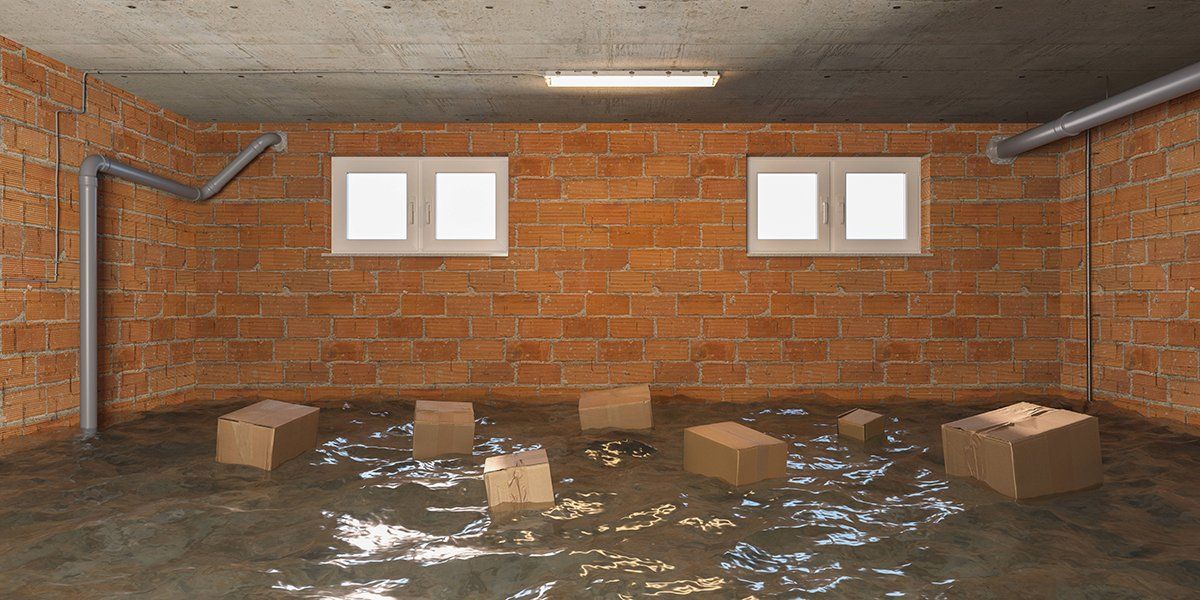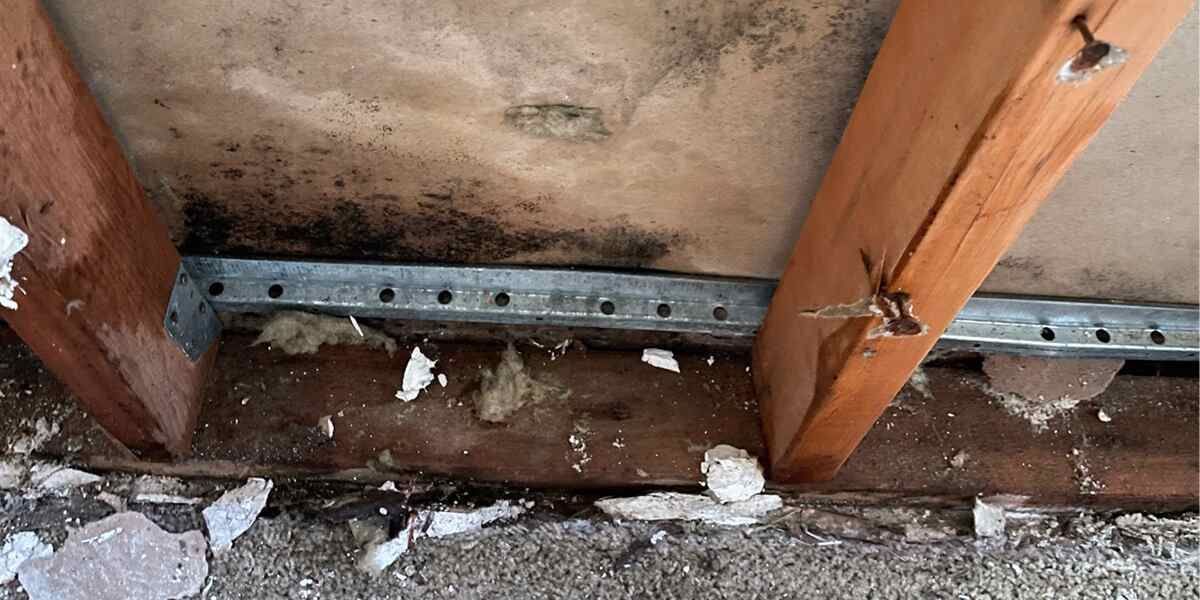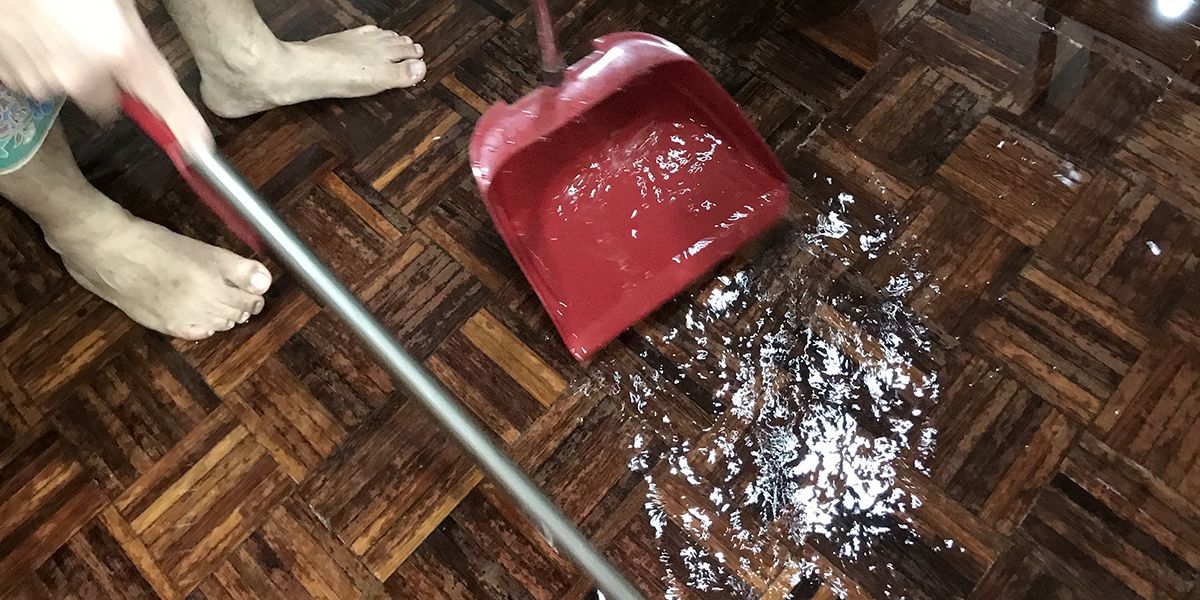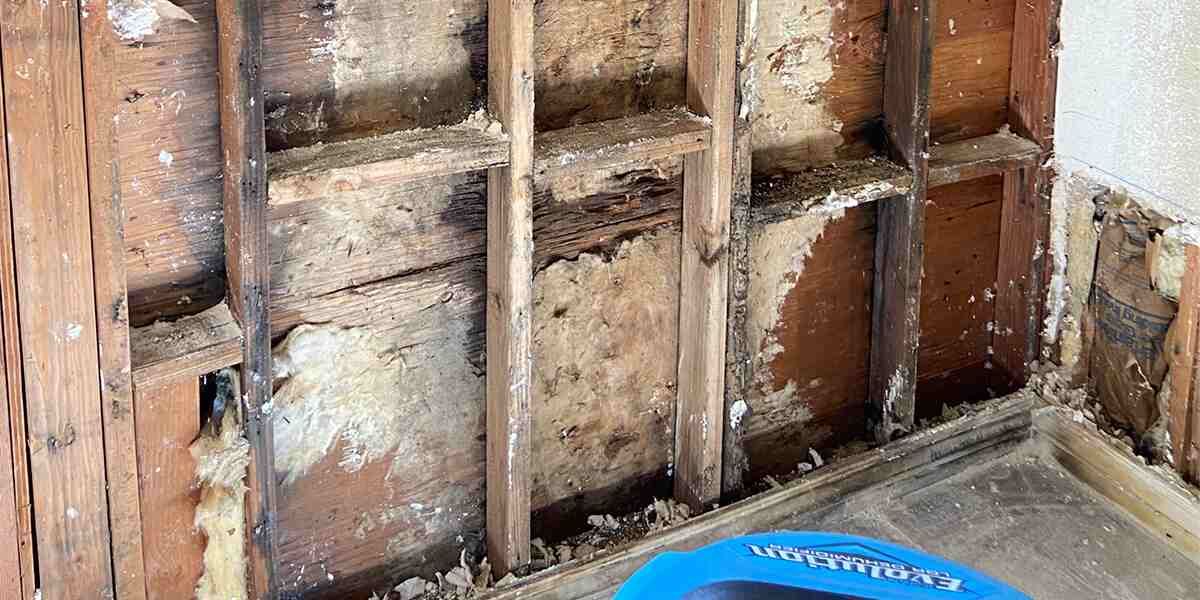Steam Smart Pro Carpet Duct & Tile Cleaning
What Causes Basement Flooding and How to Prevent Them

Every homeowner experiences a flood eventually, but just because they’re common doesn’t mean you should take them lightly. Floods create water damage that can destroy your walls and flooring. Most floods happen in basements, areas with concrete surfaces prone to cracks and staining from water damage.
That fact begs the question, “What causes basement flooding, and how am I supposed to avoid it?”
Steam Smart Pro, the top-rated water damage restoration company in Tucson, AZ, will be at your home minutes after a flood to clean up the destruction. However, proactive homeowners want to know why their floods happened and how they can prevent them.
Here, we’ll examine what causes basement flooding the most and how you can stop it.
Burst Pipes or Appliances
Broken appliances or pipes are the biggest offenders of home floods, especially in the basement. When appliances or pipes burst in your kitchen or living spaces, they’re easy to catch since you spend so much time in those spaces.
However, basements typically don’t receive the same foot traffic. Small leaks can become massive floods before you notice.
Fortunately, you can still tell if you have hidden plumbing leaks. Your utility bills may unexpectedly skyrocket or your home’s water pressure may dip.
Cracks in The Basement Walls and Floor
Cracks in your basement’s concrete are direct access points for rain and floodwater. Even if those cracks look small, you risk severe water damage every time you let that moisture seep in.
Spongy Soil
Most of what causes basement flooding happens indoors, but exterior water damage can also work into your home. The ground beneath your home can soak up excess moisture after a rain or snowstorm. As a result, it can collapse slightly and soak through your basement floor.
Water damage restoration experts call this the “clay bowl effect” since the soil under your property caves like a bowl. The clay bowl effect often happens to new properties or ones that have recently experienced massive soil replacement.
Because there are more gaps in the ground after construction, the soil will absorb more water after heavy rains. This water absorption may deteriorate your home’s foundation.
Broken Windows or Outdoor Stairways
Improperly sealed windows will allow rainwater into your home every time there’s a storm, even if they look closed. Similarly, a broken hatchway between your door and stairs will prevent the door from closing entirely. As a result, it will let rain in to destroy your basement.
How to Prevent Future Basement Floods
Now that we’ve examined what causes basement floods, we’ll consider how you can prevent them in the future.
Clean Gutters Regularly
Gutter systems drain water from your roof away from your property. However, gutter clogs prevent water from passing through. Therefore, water can drip or burst out of the channels and onto your home.
Gutters don’t need to be spotless to protect your home. Simply clearing debris from them once every few months eliminates the risk of a problematic blockage.
Dehumidifier
Dehumidifiers won’t dry out massive floods on their own. However, they will limit their severity while draining small leaks and absorbing your home’s humid air.
You can use dehumidifiers after a flood to limit water damage. However, you can also install whole-house dehumidifiers that run consistently and soak up pesky hidden leaks.
Buy a Sump Pump
Improper protection is what causes basement floods the most, from worn-down pipes to broken windows and doors. A sump pump is the most potent flood protector you can have.
Sump pumps go into a small pit under your basement floor and drain water from the area. The slope from the hole funnels the water to the pump, so you won’t need to assist the machine while it works.
Install Special Waterproof Insulation
Insulating your basement floor and walls with waterproof material protects them from interior and exterior water damage. Additionally, waterproof insulation can block external floods and rainwater from seeping through foundation cracks.
Identifying Signs of Water Damage
It can be challenging to prevent water damage even when you know what causes basement flooding. Luckily, there are ways to tell if you have hidden water damage before it gets too extreme.
Musty Odors
Musty locker room odors are defining traits of mold and mildew, which grow in dark, damp environments like basements after a flood. Mold growth could be a sign of humidity and not a flood. However, you should search for water damage if your basement smells musty.
Visible Stains and Cracks
Water damage appears in several ways. The two most common are stains and foundation cracks.
Even mild water damage can stain any surface if it has enough time to settle in. However, extreme floods will pressure walls and flooring until they buckle and crack.
Warped or Sagging Walls and Flooring
Flooding will weaken your basement walls and floor’s strength, forcing them to sag under pressure. Extreme water damage can also warp the walls. Unlike stains and foul smells, warping is an undeniable sign of water damage.
Home Plumbing Inspections
Calling a plumber to inspect your plumbing yearly is a good idea, even if you don’t think you have a hidden leak or flood. Pipes and plumbing appliances wear down every time you use them. They could be close to their breaking point without you even realizing it.
A professional inspection will uncover those issues and any active leaks you didn’t know were there.
Restore Your Basement with Steam Smart Pro
Homeowners aren’t always quick enough to prevent basement floods. If you’re combatting water damage in your basement, Steam Smart Pro will help you through it.
We’ve helped Tucson, AZ, property owners rid their homes and businesses of excess water and water damage for nine years. We know how to quickly dry out a space and identify damaged areas to protect your home from staining and structural damage.
Call Steam Smart Pro today at (520) 397-3770 to learn more about the types of water damage and what causes basement flooding.
Author Bio:
Eric Bullard
The owner of Steam Smart Pro in Tucson, AZ, brings over 20 years of invaluable experience in the field of carpet, tile, and air duct cleaning. With a strong dedication to quality and a deep understanding of effective cleaning techniques, Eric consistently delivers outstanding results to his satisfied residential and commercial clients.



